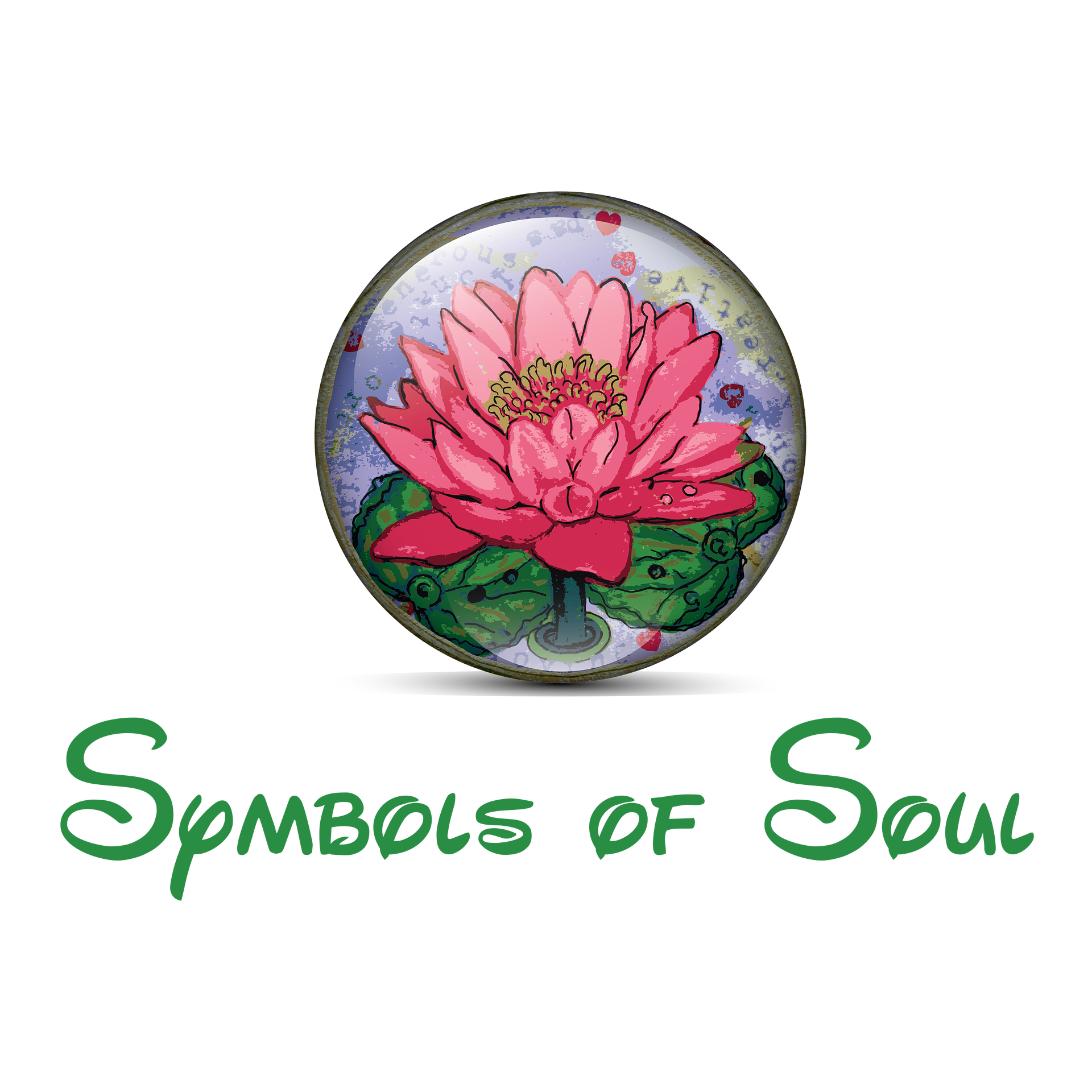
I’ve been thinking about what it means to be an elder. Perhaps that’s because it’s November 2nd, “All Souls’ Day,” or as I prefer to think of it, Dia De Los Muertos, the Day of the Dead. It’s the time when the veil is thin between the living and the dead. It’s when our ancestors’ influence is the strongest. Or so they say.
But perhaps it’s also because I just attended a Native American storytelling event. Storyteller Dovie Thomason spoke of sharing the stories of her grandmother. She said if you enjoy anything I say, it comes from my ancestors. It’s a culture that embraces the elder and values wisdom. Seven generations of ancestors stand behind us, while seven generations of descendants lie before us. So, each action we take, and each word we speak, either honors our ancestors or inspires the next generation. That is the path of the elder. One that is mostly now forgotten.
I believe there are four paths to becoming an elder. One is the path of desire, the journey of seeking and understanding wisdom. The second is the path of intention, that of self-reflection and authenticity. The third is the path of example, finding role models in other elders, both known and unknown, living or dead. (For me, that has also included the example of fictional characters.) And the final path is the path of initiation. This is the one that commemorates through act and ceremony the desire, intention, and living example of the elder. This is a journey honored in many traditions but sadly not in our own.
Ron Pevny writes in his article Aging Consciously: Claiming our Elderhood, “The challenge for those feeling these needs is to envision, create, and claim elder roles for ourselves in a society greatly in need of elder wisdom but offering few such roles or models to its seniors. Meeting this challenge is not something that is easily done alone. And it requires conscious preparation at all levels—physical, psychological, and spiritual.”
It's not a quest followed by many. It requires introspection, facing your personal history, and making peace with it. In doing so, you can finally become who you are, warts and all, fears and all. Our cultural model is one of doing rather than being, identifying with our work and accomplishments rather than who we are. Keeping busy rather than slowing down. It’s extroversion rather than introversion that is rewarded. “Buck up! Pull yourselves up by your bootstraps. Put it behind you!” they say. But elderhood requires some slowing down. At least enough to confront your demons and put them to sleep or learn to live with them once and for all. It requires bravery and perseverance. It necessitates an exploration of how we can best use our gifts and potential to honor our hearts and the seven generations before us.
I’m a certified Conscious Aging facilitator, a program IONS, the Institute of Noetic Sciences, developed. The goal of the program is to facilitate initiation into elderhood. There are many ways and programs that seek to do the same. But the model I follow is based on IONS, which includes work on self-compassion, forgiveness, life review, transformative practices, death, surrender, and creating a new vision of aging.
I don’t expect many to do this work, but for those who do, the rewards are great. As Marianne Williamson once said, “Our deepest fear is not that we are inadequate. Our deepest fear is that we are powerful beyond measure. It is our light, not our darkness that most frightens us. We ask ourselves, 'Who am I to be brilliant, gorgeous, talented, fabulous?' Actually, who are you not to be?” I’m sure Ms. Williamson (now 71) would extend her thoughts to everyone, no matter their age. Sure, it may be easier to do nothing. But what happens when we find answers to those age-old questions: “Who am I?” “What is my potential? And, what am I capable of becoming?”
Fortunately, I didn’t have to go far to find my answer. Actor Henry Winkler just released his memoir Being Henry. He writes of the benefits of therapy and inner work that continues to this day. Winkler explains it like this, “Starting - being who I thought I should be and not wavering from that very tight structure because of fear that – what happens if I change a little bit? What happens – oh, my God – if this part of me comes out? To being a more authentic human being on the earth.” Now, I don’t know Mr. Winkler. But I can’t help but guess that being 78 has something to do with his memoir. Perhaps it has freed him to share wisdom with his family and others. It’s the powerful work of life review – looking both backward and forward at the same time. Seven generations, each direction impacted by our own unique expression of life and sharing our wisdom with others.
“You imprint that people think you’re stupid. You know you’re not. I did not know what I didn’t know,” he said in a recent interview. “I see my life as a block of Swiss cheese. So many holes. My life’s journey is to fill in those holes to make it a block of cheddar.”
Becoming the elder is the path least taken. But it is the path of the greatest reward. The world needs the wisdom of the elder, and who are you not to be one? Pevney writes, “Current and soon-to-be seniors can play a critical role in shaping a positive future if we choose to not withdraw as we age, but rather to nurture ourselves and our communities by claiming our roles as conscious elders.” I think Winkler said it best, “Oh, my God. Listen. To know yourself is to know the universe.”

Comments